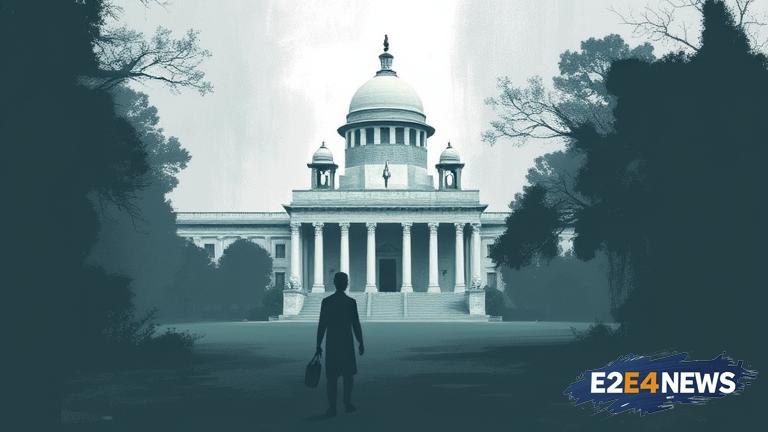The Madhya Pradesh High Court has made a landmark ruling that is set to have far-reaching implications for child protection laws in the country. The court has ruled that trial courts can convict accused under the Protection of Children from Sexual Offences (POCSO) Act without the need for medical evidence. This ruling is a significant departure from the earlier requirement of medical evidence to prove the offence. The court has stated that the testimony of the victim is sufficient to prove the offence, and that medical evidence is not a mandatory requirement. This ruling is expected to pave the way for stronger child protection laws and faster convictions in POCSO cases. The POCSO Act was enacted in 2012 to provide a robust framework for the protection of children from sexual abuse. The Act defines various forms of sexual abuse, including penetrative and non-penetrative assault, and provides for stringent punishments for those found guilty. Despite the existence of the Act, child sexual abuse remains a significant problem in India, with many cases going unreported. The lack of medical evidence has often been cited as a reason for the low conviction rates in POCSO cases. However, the Madhya Pradesh High Court’s ruling is expected to change this scenario. The court has stated that the testimony of the victim is a crucial piece of evidence, and that it should be given due weightage. The court has also stated that the absence of medical evidence does not necessarily mean that the offence did not occur. This ruling is a significant victory for child rights activists, who have been advocating for stronger laws to protect children from sexual abuse. The ruling is also expected to have a positive impact on the reporting of child sexual abuse cases, as victims and their families will now feel more confident in coming forward. The Madhya Pradesh High Court’s ruling is a testament to the country’s commitment to protecting the rights of children. The ruling is also a reminder that the justice system is committed to ensuring that those who commit heinous crimes against children are brought to book. The POCSO Act has been amended several times since its enactment, with the aim of making it more effective. The Act has also been supplemented by other laws, such as the Juvenile Justice Act, which provides for the care and protection of children. The Madhya Pradesh High Court’s ruling is a significant addition to the existing framework, and is expected to have a positive impact on the overall child protection ecosystem. The ruling is also expected to have implications for other states, which may follow Madhya Pradesh’s lead in implementing similar laws. The central government has also been working towards strengthening child protection laws, and the Madhya Pradesh High Court’s ruling is a significant step in this direction. The ruling is a reminder that the protection of children from sexual abuse is a collective responsibility, and that all stakeholders, including the government, civil society, and the justice system, must work together to ensure that children are safe and protected. The Madhya Pradesh High Court’s ruling is a significant milestone in the journey towards a safer and more just society for children. The ruling is expected to have a positive impact on the lives of countless children, who will now feel more confident in coming forward to report cases of sexual abuse. The ruling is also a testament to the power of the justice system, which has once again demonstrated its commitment to protecting the rights of the most vulnerable members of society.
